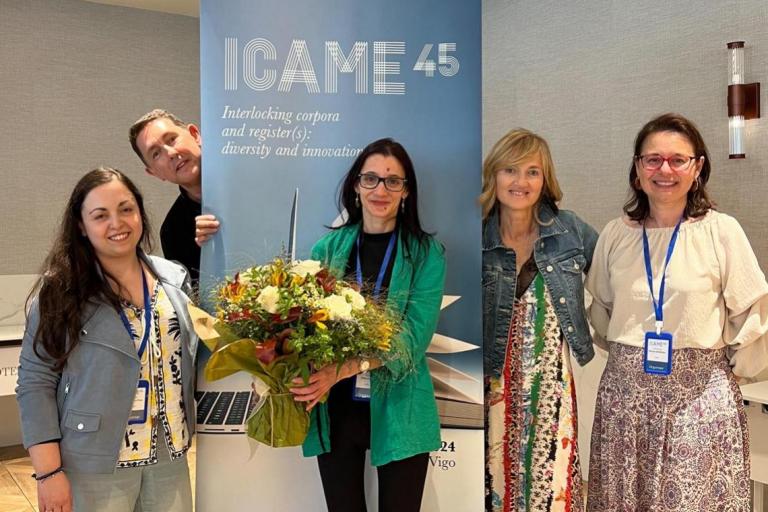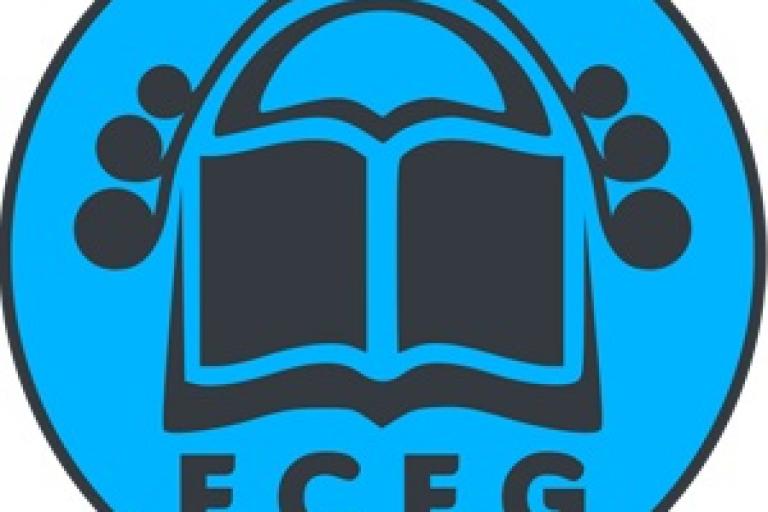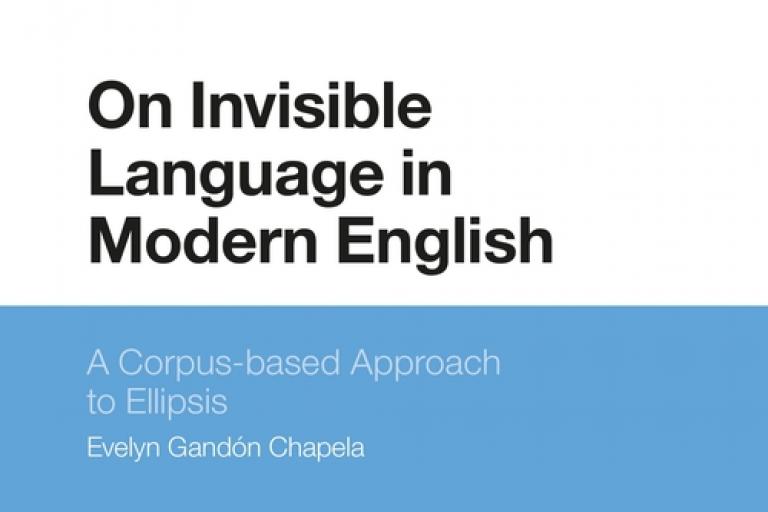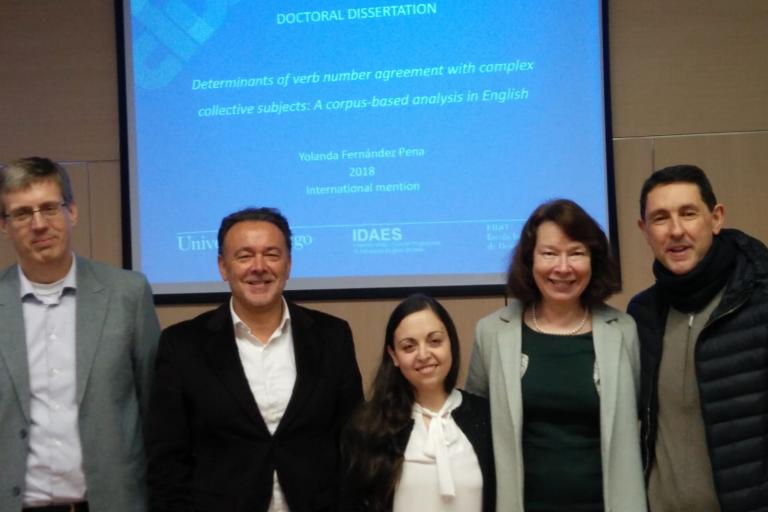Dr. David Lorenz conducted the research seminar “Frequency Effects in Language” at the Faculty of Philology and Translation in Vigo, on 4 Dec 2017.
His seminar was divided into a research talk and a workshop session:
Part I – “Measuring how variations change: A multivariate analysis of to-contraction in American English”. Language change is often perceived as a competition, that is, one variant becomes more frequent at the expense of another. Yet, very often this cannot be adequately described as a simple, gradual replacement; rather, the determinants of the variation also change. This study demonstrates how such changes can be analyzed as interaction effects in a statistical model, by using ‘time’ as a moderator variable. The study offers a diachronic description of to-contraction in AmE from a Construction Grammar perspective. While to-contraction occurs since the 19th century, three specific forms – gonna, wanna and gotta – become conventional in the 20th century. In this process, their usage patterns become increasingly similar, showing an emerging analogy between variations. Thus, we see a case of how schematicity develops out of idiosyncratic variations.
Part II – Workshop session: Data types and statistics. The workshop session was intended for PhD students and young researchers to get problem-oriented input on data analysis for their projects. Participants were invited to previously send or bring their specific questions to be addressed in the session.
Dr. David Lorenz is a graduate of the research training group “Frequency Effects in Language” at the University of Freiburg, Germany. He has worked as a researcher and lecturer in Freiburg and Tartu, Estonia. His main interests are in cognitive linguistics, language variation and change, and quantitative methods of empirical language research. His research focuses on how experience with language use creates and shapes the mental representation of linguistic structure in the mind. He has published in prestigious journals such as English Language and Linguistics or Corpus Linguistics and Linguistic Theory.







